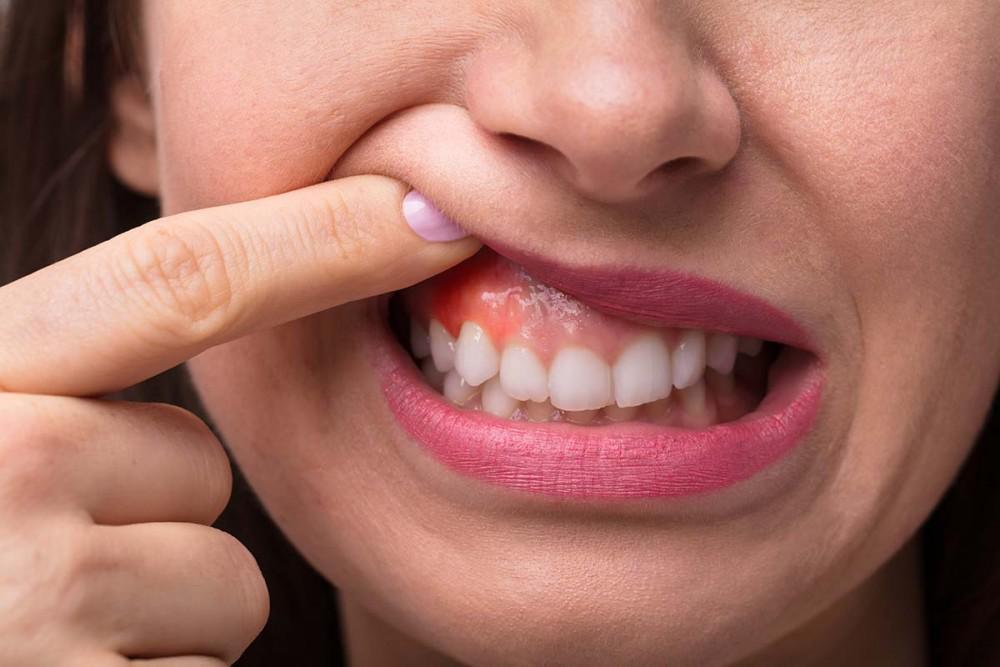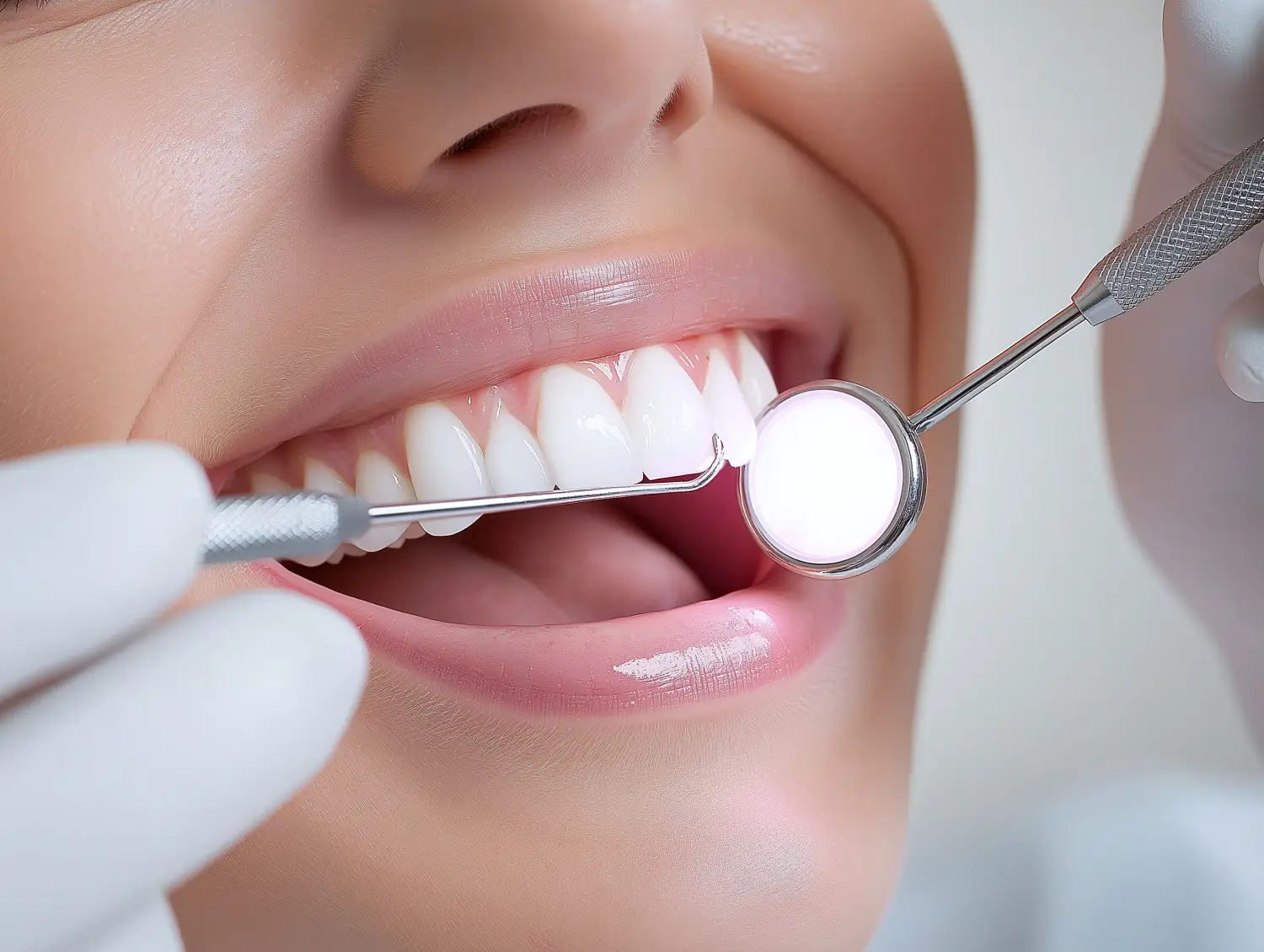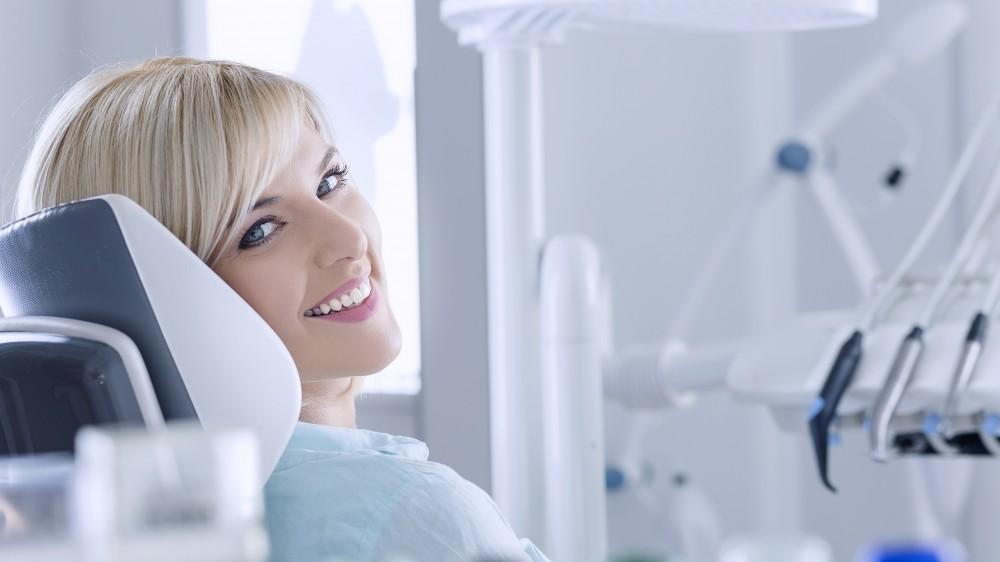
How to Prevent Severe Gum Disease
We’ve all been there. We’re brushing our teeth as part of our normal bedtime routine we do night after night. But this time, when you spit in the sink, you see blood. You immediately look in the mirror and quickly check your mouth, and sure enough, your gums are bleeding.
Okay, now what? First, don’t panic. Bleeding gums can be a symptom of various issues ranging from brushing or flossing too aggressively to side effects from medications to the onset of gum disease. If you notice your gums are bleeding frequently, let your dentist know about it.
Gum disease is a progressive infection that could result in tooth loss. As scary as this sounds, most cases of gum disease can be stopped in its tracks or reversed in the early stages, says Dr. Marcano at Orlando Center for Cosmetic Dentistry. In this blog, he shares his insights on gum disease and how you can kick it to the curb before you lose any teeth.
Gum disease explained
Let’s start unpacking this topic by doing a quick overview of gum disease, so you can better understand how it can impact your oral health. Gum disease, sometimes called periodontal disease, is a fairly common oral condition that is caused by an infection and manifests as inflammation of gum tissue. If left untreated, gum disease can threaten the integrity of how snugly your gums hold your teeth in place. The word periodontal means “around the tooth.”
Nearly half of all Americans aged 30 years old and older suffer from gum disease. The older you get, the more common gum disease is. An astounding 70.1% of Americans 65 years and above have some form of gum disease. The good news is that the condition typically rolls out in three stages so you can take action to prevent it from advancing, thereby mitigating the damage to your teeth. The stages of gum disease are gingivitis, periodontitis, and advanced periodontitis.
First stage: Gingivitis
The most notable symptom is bleeding when you brush your teeth in this stage. Some patients also experience gum inflammation or tenderness. At this juncture, a sticky bacteria called plaque has built up on your teeth. What’s great about this initial stage is that generally, any damage that has taken place can be reversed.
Second stage: Periodontitis
This second stage, called periodontitis, is a slippery slope because depending on the severity of the condition, some damage that takes place may be permanent. Symptoms include frequent gum bleeding, a widening of the pockets between your teeth and gums and loose teeth.
Third stage: Advanced periodontitis
In this final stage of gum disease all damage is permanent. The connective gum tissue that once held your teeth securely degrades so much that your teeth may need to be extracted. In addition to tooth loss, the bacteria from the infection may travel through your bloodstream to cause infections in other parts of your body.
Practice good at-home oral care
Remember that nightly question your parents asked when you first had teeth – “Did you brush your teeth?” Well, it should come as no surprise that one of the best ways to keep your teeth and gums healthy and prevent gum disease is to practice good oral hygiene. Gently brush your teeth for two minutes at least twice a day. Floss at least once a day before brushing.
Flossing before you brush not only dislodges any lingering food debris from between your teeth but also is more effective at removing plaque, the main culprit behind gum disease. With plaque and food particles out of the way the fluoride from your toothpaste can better reach all the nooks and crannies between your teeth.
Schedule regular dental exams and professional cleanings
Even the most proficient brushers and flossers need a little help to completely remove plaque, particularly below the gum line. Visit your dental provider for a dental exam and two professional dental cleanings per year for optimal oral health and to keep gum disease at bay.
Contact us at Orlando Center For Cosmetic Dentistry if you have concerns about bleeding gums and gum disease. Schedule an appointment by clicking the online booking tool or calling the office today at 407-855-1471. Our caring and experienced staff can figure out what’s going on and help you maintain a healthy smile for years to come.
Related Posts

Welcome to Orlando Center for Cosmetic Dentistry

Teeth Cleaning Aftercare Tips

What Are Dentures? Everything You Need to Know
%20copy.jpg)
Schedule your visit today
We’re here to help you achieve a healthier, more confident smile with precision care and no pressure. Let’s get you started.
